The historic city of Saint Petersburg was recently the venue for the Third Conference of Indologists organized by the Indian Council for Cultural Relations (ICCR). Since 2015, the ICCR has been organizing a series of annual conferences of Indologists. This year it was held at Saint Petersburg from 26th to 28th April 2018 in collaboration with the St Petersburg State University.
The theme of the conference was India-Russia: Past, Present and Future in the Context of Indological Studies. The choice of theme and venue was guided by the historic St Petersburg Declaration issued at the 18th India-Russia Annual Summit held during May-June 2017. The Declaration stated that both India and Russia “favor the same approaches to ensuring peace and security and shaping a global architecture that reflects cultural and civilizational diversity and at the same time strengthens unity of humankind. India-Russia relations have stood the test of time and have been immune to external influences.” We saw the spirit of this statement come alive when presentations on Russian Indology clearly pointed out that, contrary to Eurocentric Indology, the Russian tradition of Indology was not driven by any agenda to prove the superiority of the Russians over Indians. Russian scholars have evinced a genuine sympathy for and understanding of Indian culture and have treated fellow Indian scholars at par and equal partners in articulations about their own culture. In his inaugural address, Dr. Vinay Sahasrabuddhe, President, ICCR, had said that it was time for a new Indology, and in the course of the conference, it became evident that Russia could show the way in this regard.
The conference was carefully put together by the academic coordinator, Dr. Anirban Ganguly, Director, Shyama Prasad Mukherjee Research Foundation, with Dr. Anna Chelnokova of St. Petersburg State University as coordinator for the papers by Russian scholars. Some of the most eminent names associated with India-Russia ties, like Dr. Tatiana Shaumyan, Prof. Purabi Roy, Dr. Ashok Gajanan Modak, Prof. Boris Zakharyin, Prof. Irina Glushkova, Prof. Neelakshi Suryanarayan and other eminent scholars like Prof. Makarand Paranjape, Prof. Santisree Pandit, Dr. Uttam K Sinha, Prof. P Kanagasabapathi as well as many mid- and early-career academics were part of the delegation. Speakers spoke on subjects ranging from Indo-Russia strategic ties including geo-politics and defence to Indo-Russian cultural ties in the field of literature, language, philology, philosophy, religion and so on. Many papers traced the history of Indological studies across disciplines in Russia. Russian academia has had a long-standing investment in Indian languages, not merely restricted to Sanskrit but also Tamil, Telugu, Bengali, Hindi and Marathi. Some delegates spoke about Russians who visited and wrote on India, like Gerasim Lebedev, while some about great Indians who visited and/or wrote about Russia, like Tagore. This in a way demonstrated the truth in Prime Minister Modi’s statement last year that “Ties between India and Russia span the spectrum from Culture to Defence (Sanskriti se Suraksha)”. Many papers by both Indian and foreign speakers also discussed different aspects of Indian culture. It was reiterated that this is the time for India to resuscitate its ties with Russia, not only at an official level, but also at the level of cultural linkages.

It was agreed by all that Indo-Russian ties are very special—beyond the utilitarian and the mundane, they represent an intellectual, a human and even a spiritual connect between the two great nations. It was easily noticed that the Russian hospitality towards Indians was less technical and more warmly human. Many were happy to discover that the ties between the two countries have existed at the level of people-to-people contact and was not confined to officialdom. As was mentioned earlier, Russian Indological studies were not driven by imperial agenda or ulterior motives, but by a genuine quest for understanding the great civilization that is India. Often, Russians ended up understanding Indian culture better than others. A case in point is the reception of Swami Vivekananda by Russian Indologists (paper by Dr. Modak, where he highlighted the difference between this reception and that by Eurocentric Indologists). As one wondered about the possible reasons for this great fit between Russia and India, many speculations came up, highlighting on the one hand the absence of clash of interests between the two countries, and on the other the unique Eurasian culture of Russia, the influence of the Eastern Orthodox Church and other factors.
It may also be noted that the interests of Indic Studies spill over the limits of research and teaching activities. Russia is home to a large number of historical documents related to India. The Institute of Oriental Manuscripts of the Russian Academy of Sciences would draw the attention of anybody seriously interested in unravelling the connected histories of the region. A repository of over lakhs of manuscripts related to the “Orient”, their collection of Indian manuscripts is impressive. Particularly interesting are also the several manuscripts related to the Silk Route. Even the library of the St Petersburg State University has a modest collection of Indian manuscripts as well as a signed copy of one of Bankim Chandra Chatterjee’s novels!
In the concluding session of the Conference, many suggestions came up regarding the way forward in Indo-Russia ties. Given the Russian interest in some of the regional languages of India, there were several suggestions for setting up Indian language chairs in Russian universities. As mentioned above, many historical documents and manuscripts related to India are part of Russian collections presently. In this context, it was also suggested that all these collections be properly catalogued and declared for the benefit of scholars not based in Russia. A first step in this direction would be to set up an experts’ committee with scholars like Prof. Purabi Roy who have taught in Russia for several years and are aware of the material available. Furthermore, it was also felt that there was the need for Indians to re-invest in Russian studies, not limited only to area studies or study of Russian language and literature, but also Russian history and culture. If Indo-Russia ties in Indological studies have to expand, then one cannot ignore the vital issue of employment opportunities. Gone are the days when under the shadow of the Soviet Union and the Cold War, almost every second Indian academic would be moving into Indo-Russian studies. Therefore, no efforts for revival would fructify unless employment opportunities are generated in the field.
Finally, cultural linkages, especially in the field of Indological or Russian studies constitute just one aspect of Indo-Russia ties, and it cannot survive unless there is a bolstering of Indo-Russia diplomatic relations. The Russian scholars did point out with an air of dismay that there was a time when an Indian journalist was permanently stationed in Moscow, and that is no longer the case. If India has to seize the Asian century, it has to look at this great Eurasian ally, with whom it has little conflict of interests and in fact, more in common. Therefore, at the completion of 70 years of India-Russia diplomatic ties, if the Government of India wishes to carry this forward, it has to think in terms of a practical action plan. We look forward to the next step in the initiative. For instance ICCR could come with a 10 year plan to support Russia-India collaboration in Indology studies. Some chairs should be set up. Manuscripts should be documented. The two sides could collaborate in setting up a Indo-Russian institute of Indological studies. Merely holding conferences will not take us too far. The initiative should be backed up with properly resourced institutions.
(Views expressed are of the author and do not necessarily reflect the views of the VIF)


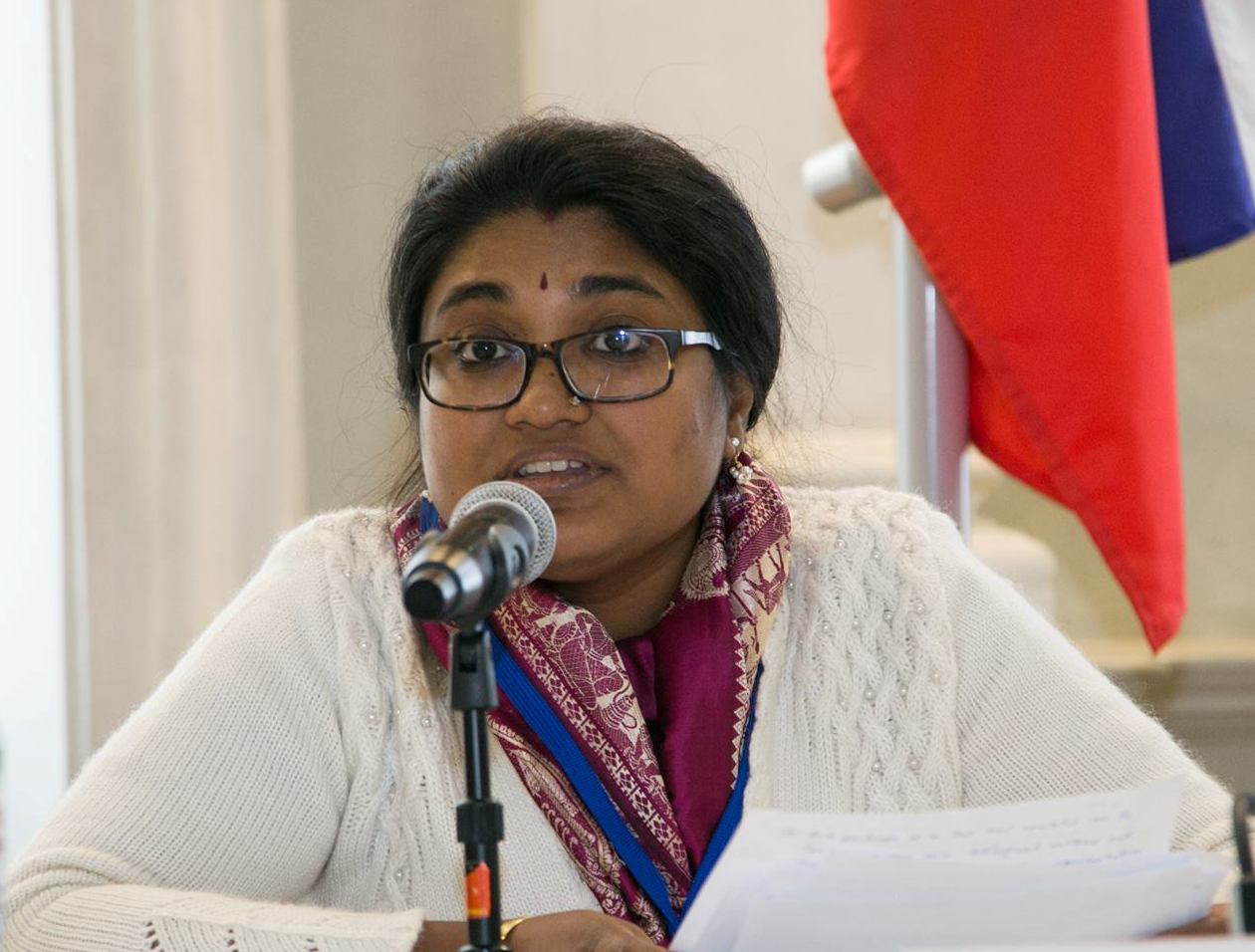

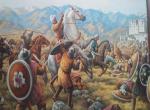
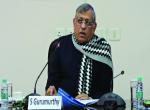
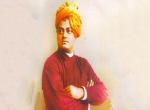
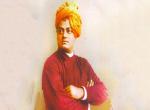
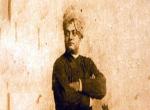
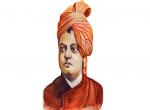
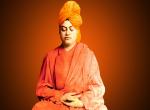
Post new comment